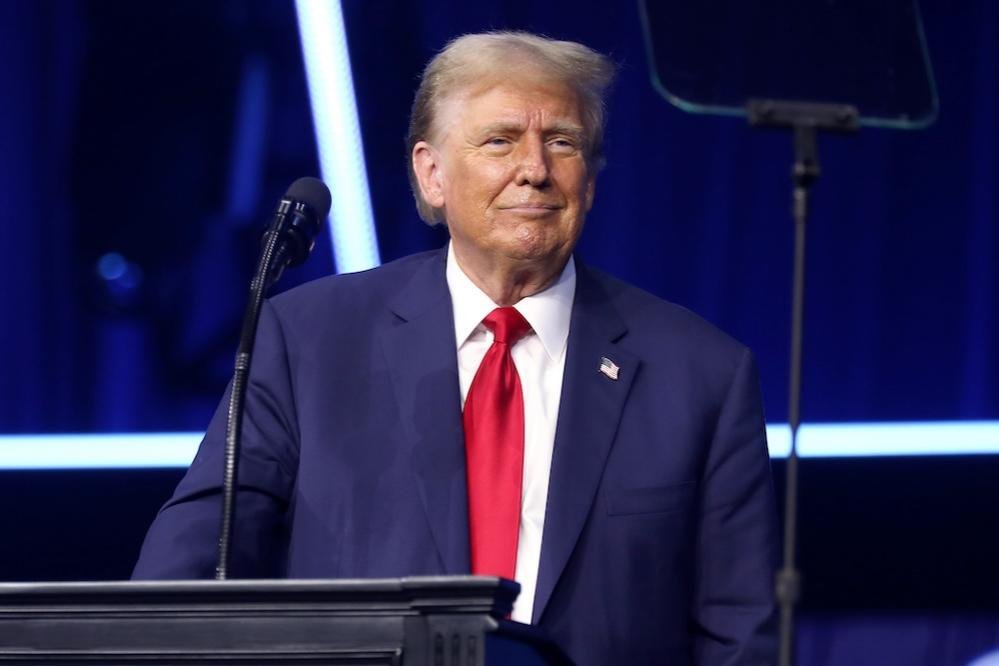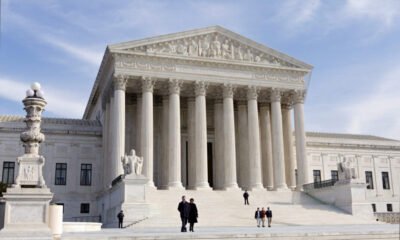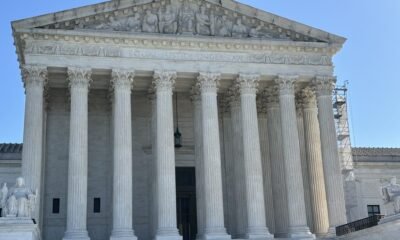crime
Trump’s Jan. 6 Case Resurfaces in Federal Court Post-SCOTUS Immunity Ruling

The D.C. Circuit has sent Donald Trump’s criminal election subversion case back to federal judge Tanya Chutkan. This comes just over a month after the Supreme Court ruled that presidents are immune from criminal prosecution for any official act taken while in office.
This decision resumes one of Trump’s ongoing criminal cases, which had been on hold since January 2024. The pause occurred as the D.C. appellate court and the Supreme Court reviewed Trump’s claim of presidential immunity against dismissal of the case.
A full jury trial before the November election is deemed highly unlikely. However, Chutkan will now need to conduct a “mini-trial” to determine whether Trump can be tried for his alleged actions following the Supreme Court’s ruling.
Judge Chutkan, appointed by Barack Obama, can now move forward by setting a briefing schedule related to the Supreme Court’s immunity decision. This comes nearly a year after Trump’s formal arraignment and his not guilty plea in 2023.
In a 6-3 decision on July 1, Chief Justice John Roberts identified three distinct levels for presidential actions: core official acts, official acts within the “outer perimeter” of presidential duties, and unofficial acts. Core acts receive absolute immunity, while unofficial acts do not.
The majority opinion, written by Roberts, emphasized that the vast majority of presidential actions fall within the “outer perimeter” and should be presumed to carry immunity. This creates a high bar for prosecutors.
Roberts mandated that Chutkan analyze whether Trump’s conduct, as outlined in special counsel Jack Smith’s indictment, falls within the scope of presidential immunity. This analysis will determine if Smith can overcome the presumption of immunity.
The high court used their new test minimally on Trump’s actions, primarily focusing on his communications with the Justice Department, including threats to then-acting Attorney General Jeffrey Rosen about potential election fraud investigations.
Communications between Trump and former Vice President Mike Pence, where Trump allegedly pressured Pence to alter the certification of electoral ballots, were given “presumptive immunity” by Roberts. Smith must now prove these were unofficial communications, a challenging task.
Roberts did not clarify whether Trump’s efforts to influence state legislators and election officials in five battleground states should be considered within the “outer perimeter” or as unofficial actions.
Public statements and social media posts by Trump, which Roberts suggested likely fall within the “outer perimeter,” will also be reviewed by Chutkan.
The Supreme Court’s decision leaves substantial room for Trump to challenge Chutkan’s findings, with the potential to disrupt the case entirely if Trump is re-elected and appoints a new attorney general who could dismiss the case.
Recently, Trump has seen a series of triumphs in his federal court battles. He survived an assassination attempt, and Trump-appointed judge Aileen Cannon dismissed his classified documents case in Florida, accepting a conservative legal theory that special counsel Smith was unlawfully appointed.
Smith has appealed the dismissal, though his prospects of success are slim if the case reaches the Supreme Court, given Justice Clarence Thomas’s support for the theory in the immunity decision.
Before the Supreme Court reviewed Trump’s immunity claim, Chutkan had indicated she might allow Trump’s legal team additional time to prepare for the election subversion case. Whether this grace period still stands after nearly seven months remains uncertain.

















